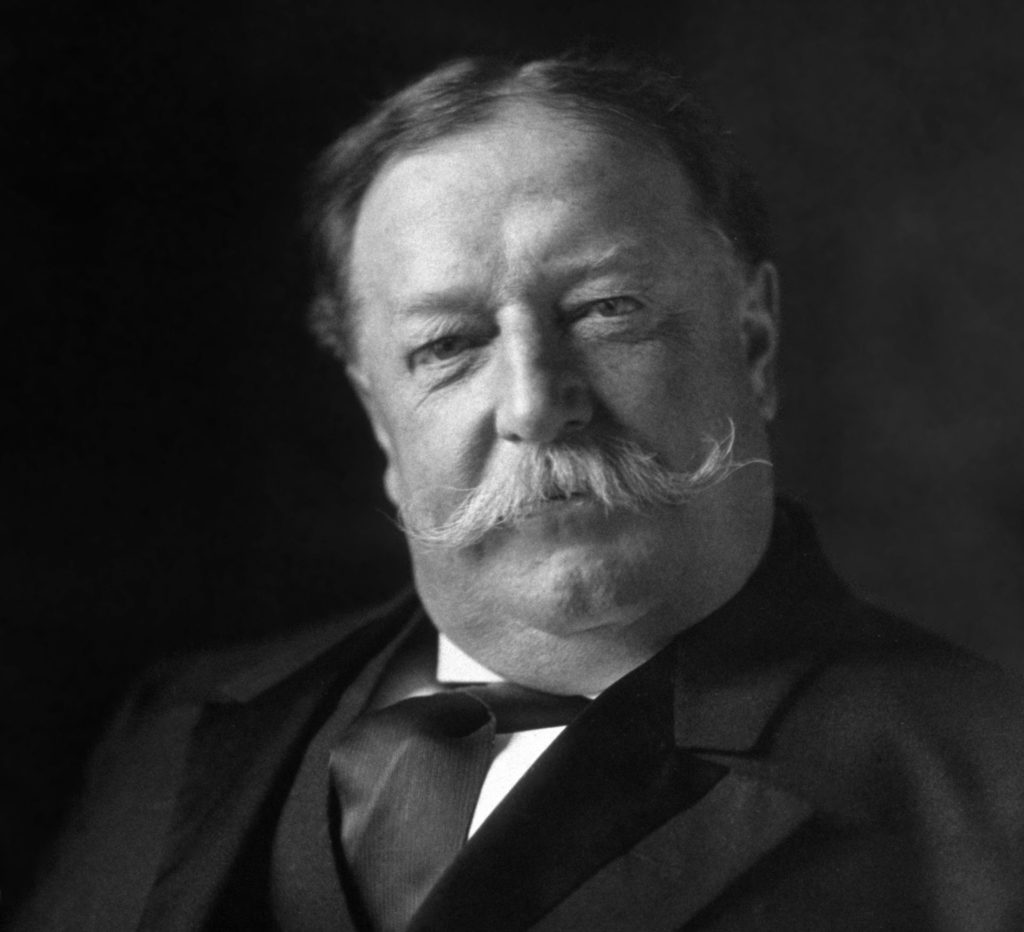November 16 — November 30, 2022
History Matters
Showing our children that their past is prelude to their future
On November 17, 1777, the Articles of Confederation were submitted to the 13 original colonies “to establish and preserve [their] independence.” Twelve years later, they were scrapped in favor of the Constitution, which reshuffled the Law of the Land.
According to the Library of Congress [LOC], “The Articles created a loose confederation of sovereign states and a weak central government, leaving most of the power with the state governments. Once peace removed the rationale of wartime necessity the weaknesses of the 1777 Articles of Confederation became increasingly apparent. Divisions among the states and even local rebellions threatened to destroy the fruits of the Revolution. Nationalists, led by James Madison, George Washington, Alexander Hamilton, John Jay, and James Wilson, almost immediately began working toward strengthening the federal government. They turned a series of regional commercial conferences into a national constitutional convention at Philadelphia in 1787.”
The LOC says the difference between the Articles and the Constitution is “that the Articles sovereignty resided in the states, and the Constitution was declared the law of the land when it was ratified which significantly increased the power of the federal government.”
The Grateful American Book Prize recommends We Have Not a Government: The Articles of Confederation and the Road to the Constitution by George William Van Cleve.

Elizabeth Jaffray was a White House housekeeper during the presidency of William Howard Taft; in a November 27, 1911, diary entry, she expressed concern about his health, noting that she’d had a talk with him and the First Lady “about the Commander-in-Chief’s ever-expanding waistline,” says History.com.
“Taft’s 5′ 11″ frame carried anywhere between 270 pounds and 340 pounds over the course of his adult life. According to his biographers, he had to have his shoes tied by his valet and often got stuck in the White House bathtub and had to be lifted out by two or more men. Once, while visiting the czar of Russia, Taft split his pants seam while descending from a carriage.”
Even so, he completed his one term presidency, jettisoned to Chief Justice of the Supreme Court in 1921—and lost weight–but never recouped his health. Taft died in April 1930, one month after vacating the Bench.
For more information, the Grateful American Book Prize suggests William Howard Taft: The American Presidents Series: The 27th President, 1909-1913 by Jeffrey Rosen.

Turkey, pumpkin pie, and football– it wouldn’t be Thanksgiving without them! It’s been a fact of American life for 146 years when, on November 30, 1876, Yale defeated Princeton, 2-0, in a showdown in Hoboken, NJ. The holiday was on November 30, that year when the tradition was born, according to History.com.
A thousand fans attended, and the New York Times reported “The friends of both colleges mustered in good force. Several carriages containing ladies were on the ground, and a goodly number of Alumni were there to cheer the contestants.” The Daily Herald noted that “The Yale team wore blue skullcaps, shirts, stockings of the same color and white flannel trowsers [sic]. The Princeton lads were gorgeous in their orange and black uniforms.”
Unlike the civility of 21st century play, back then the game was a ragtag event “resembling Greco-Roman wrestling.”
The Grateful American Book Prize recommends Thanksgiving: The True Story by Penny Colman.

History Matters is a biweekly feature courtesy of The Grateful American Book Prize.




